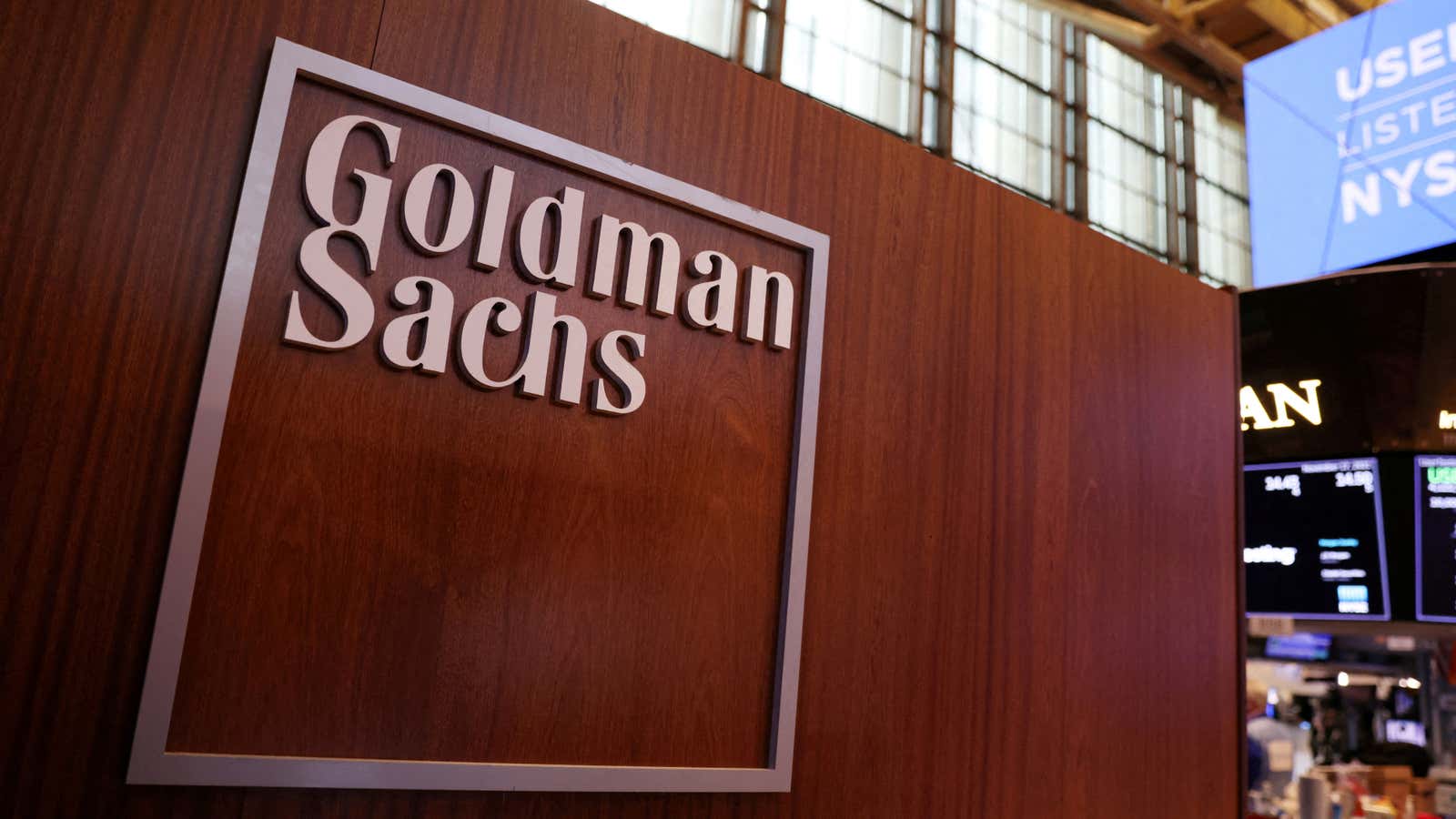Regulators in the US and Europe are cracking down on greenwashing by financial firms, and on June 10 targeted their biggest potential perpetrator to date: Goldman Sachs.
In response to investor interest in climate-friendly products, banks and asset managers have been racing to slap “ESG” labels on their offerings, which ostensibly indicate an investment fund is composed of shares in companies with strong environmental, social, and governance credentials. But the absence of regulations around these labels means that firms like S&P and MSCI established their own ratings, using murky and sometimes dubious methodologies. As a result, many “ESG” funds still hold major emitters like ExxonMobil, and are only marginally less carbon-intensive than the market average.
The SEC is going after greenwashing by banks
The Securities and Exchange Commission (SEC) said in May that it is developing stricter ESG standards. In the meantime, the agency is going after firms it believes are sharing misleading statements with investors about the “green-ness” of their products. The SEC launched an investigation of Deutsche Bank last year, which was followed by a separate investigation by German authorities that led to a police raid on the bank’s Frankfurt headquarters in May. That same month, the SEC fined BNY Mellon $1.5 million for “misstatements and omissions about ESG considerations.”
The Goldman investigation is focused on mutual funds. Because there is no legal standard for ESG definitions, the SEC will determine whether the bank’s actual methods for managing ESG funds differ from what it has disclosed to investors, not whether the funds are really green or not. But as more money pours into ESG funds—up to $41 trillion globally this year—and more formal rules take effect, the crackdown and resulting penalties are likely to escalate.
